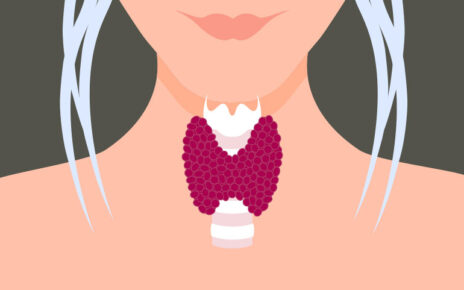The katsura tree is a very deciduous tree that has a growth rate that ranges from moderate to fast. The height of this tree is medium which means it is highly suited for a Suburban or urban property when compared to any other tall tree-like American peach tree. The katsura tree is also very famous as the leaves of this tree are shaped like a heart and the color of those leaves is yellow which makes those leaves look fascinating. The best time to plant these trees is in Early Spring or late winter.
Botanical Name: Cercidiphyllum japonicum
Native Region: Japan and China
Hardiness zones: 4 to 8
Flower color: Green on female and red on male trees which means the plant is dioecious.
Bloom Time: March or April
Soil pH: Neutral to slightly acidic
Sun Exposure: Full sun to partial shade
Mature Size: 40 to 60 feet tall and 25 to 60 feet wide
Plant Type: Tree
Common Name Katsura tree, Japanese Katsura
The process of growing the tree
The most important requirement that you will need to fulfill when growing the katsura tree is that the soil should be very rich, which means you should not at all compromise in compost. It is very important to mix compost into the soil while planting the katsura trees because it will not only feed your plant but also enhance soil drainage which is altogether great for growing the katsura trees.
Apart from this requirement, growing the katsura tree is a very simple process as it is highly tolerant of some other things when compared to other trees like:
- salt,
- acidic soil,
- clay soil
- wet soil
- weather
For maintaining the moisture of the soil, it is recommended to use mulch around the trees, you must apply 3 inches layer of mulch over the soil surface just after the plantation which will increase the moisture of the ground underneath.
Light
It is not a brainer that for growing a tree, they will require a sufficient amount of Sunlight, but the amount of light required for each different kind of tree is subjective. In the case of the katsura trees, you will be happy to find out that they can be grown even in partial shade because they are the kind of understory trees which means due to their medium height they are naturally grown in partial shade. Moreover, it is considered that the environment that has partial shade is more suitable than complete sunlight in the case of the katsura trees.
Soil
It is very important that the soil around the tree is relatively moist and well-drained. As mentioned above, the katsura trees can easily tolerate high levels of acid, so, neutral to slightly acid soil pH is considered the best for growing the katsura trees.
Water
You might notice a sequence among all of these requirements and that is the requirements of all of these different items are not that critical, so, keeping up the consistency, the requirement of water is also just moderate for successfully growing the katsura trees. If the area where the tree is being grown is an excessively dry area, frequent watering is recommended.
Humidity and temperature
As mentioned in the above specifications, this tree can suitably be grown at zones 4 to 8. The katsura tree can easily comprehend the large range of temperature and is not very specific about the level of humidity required which makes it a very suitable option to grow in areas where the environment it is not appropriate for growing some other trees.
Fertilizer
It is recommended to use a balanced fertilizer for fertilizing the katsura trees while also making sure that the fertilizer is completely observed within the soil.
Types of the katsura trees
Weeping katsura tree: Out of the two categories of the katsura trees, the spread of this one is slightly greater while the branches are smaller. This type of tree is approximately 15 to 25 feet high.
Red Fox Katsura tree: This tree is approximately 30 feet tall and this spread is 16 feet. It is highly colorful which makes it usually attractive during spring.
Pruning
Staying consistent with the other mentioned requirements, the requirement of pruning the katsura tree is also very moderate which means typically you do not have to prune these trees other than the seasonal maintenance and clean-up. It is recommended to check the tree every Spring and make sure that all the dead branches or suckers are removed.
Popularity
The katsura tree is highly popular in the Orient but sadly not very famous in North America which is a disappointment as features of this plant are highly suitable for plantation in that area as well. It is a tree that sets apart your yard from the neighbors because of its visual attractiveness and the maintenance is also very low apart from being highly appropriate around Dogs or children. These trees are also not poisonous either to pets or to people.





